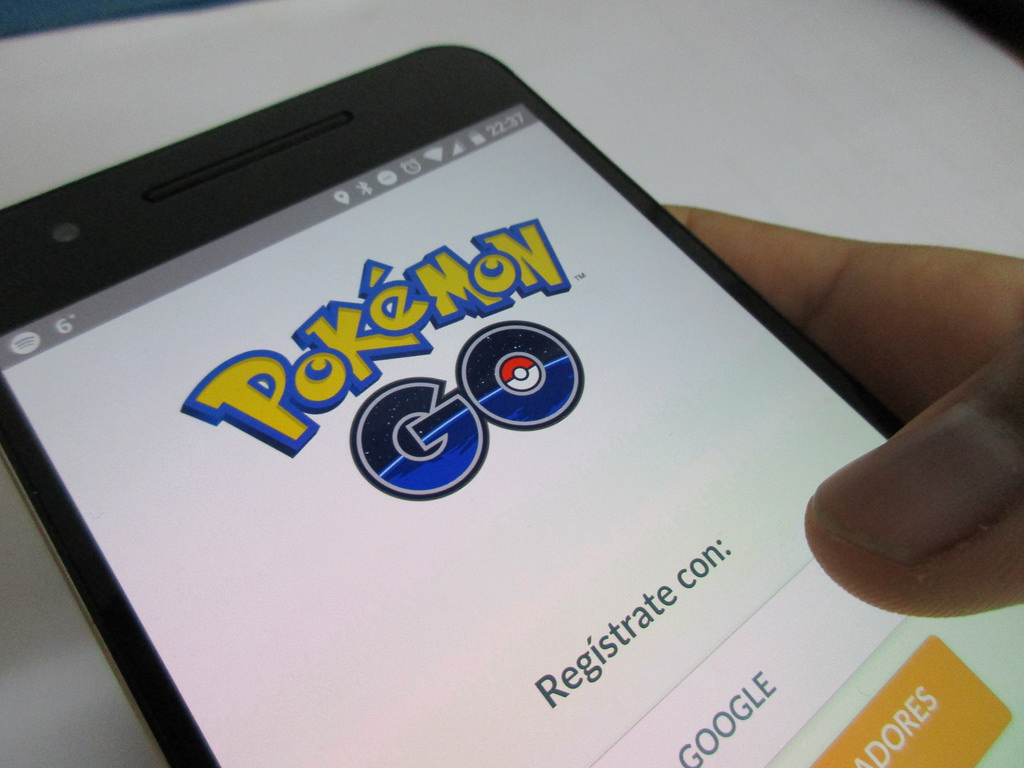
Pokémon Go has showcased the vast possibilities of augmented reality (AR) gaming, ushering in a fresh era of engaging digital adventures that blend effortlessly with our physical surroundings. By merging the virtual with the tangible, this game has revolutionized the mobile gaming scene and made a substantial mark on the broader gaming industry, driving financial growth and creative innovation. The economic success of Pokemon Go has had a ripple effect throughout the gaming industry, inspiring other developers to explore the potential of AR and location-based gaming. In the wake of Pokemon Go’s meteoric rise, numerous other AR-powered games have emerged, each attempting to capture the magic and engagement that Niantic’s creation has effectively cultivated.
Games like Jurassic World Alive, Harry Potter: Wizards Unite, and The Walking Dead: Our World have all sought to emulate the formula that made Pokemon Go a global phenomenon, leveraging popular intellectual properties and AR technology to create immersive gaming experiences that encourage players to explore the real world. While not all of these games have achieved the same level of success as Pokemon Go, they have collectively contributed to the growing momentum and legitimacy of AR gaming as a viable and lucrative industry segment.
The economic impact of Pokemon Go has extended beyond the realm of mobile gaming, influencing the strategies and investments of larger game studios and publishers. As the potential of AR gaming has become increasingly apparent, many traditional game companies have made concerted efforts to incorporate AR elements into their products, either through standalone AR-focused titles or by integrating AR features into their existing franchises. For example, Sony’s PlayStation 5 console includes the DualSense controller, which features built-in motion sensors and haptic feedback capabilities, allowing for more immersive and interactive gaming experiences. Microsoft has embraced AR technology through its HoloLens project, which aims to bring holographic computing and mixed-reality experiences to various industries, including gaming.
The economic implications of these AR-focused initiatives extend beyond the gaming industry itself, as they have the potential to drive broader technological advancements and spur investment in supporting hardware, software, and infrastructure. As players become increasingly accustomed to the seamless integration of the digital and physical worlds, the demand for more sophisticated and accessible AR solutions will only continue to grow, creating new business opportunities and revenue streams for a wide range of companies. In addition to its direct financial impact, Pokemon Go has also played a significant role in shaping the overall direction and priorities of the gaming industry. The game’s success has highlighted the importance of location-based and community-driven gaming experiences, pushing developers to prioritize the creation of games that encourage exploration, social interaction, and real-world engagement.
This shift in focus has led to new business models and revenue streams as game developers seek to capitalize on the lucrative potential of in-app purchases, subscription services, and location-based advertising. The success of pokemon go for sale has also encouraged the industry to invest more heavily in the development of AR and mixed reality technologies, as well as the infrastructure necessary to support these innovative gaming experiences. Many businesses have even partnered with the game’s developers to designate their locations as PokeStops or Gyms, providing in-game incentives for players to visit and potentially make purchases. This symbiotic relationship between the game and local economies has contributed to the overall economic impact of Pokemon Go, demonstrating the far-reaching implications of this innovative gaming experience.






